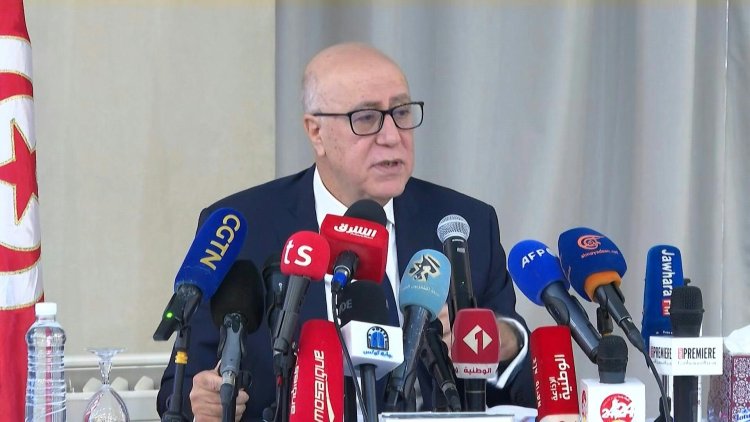Tunisia faces 2023 without quick IMF deal

Tunisia, struggling under debt worth nearly 90 percent of its Gross Domestic Product, reached an agreement in principle with the global lender in mid-October for a bailout package worth around $2 billion.
The IMF's stamp of approval is expected to unlock access to other international sources of credit.
Tunisia faces a year of low economic growth and runaway inflation, and urgently needs a bailout deal with the International Monetary Fund, its central bank chief said.
"We need to reach a deal with the IMF as soon as possible to mobilise external finance in the budget" or "2023 will be a complicated year", Marouane El Abassi told journalists in Tunis.
"Now, that's done. There's also a law on excessive rates" to stop financial institutions overcharging interest payments, he added.
The IMF has also called for a law restructuring more than 100 state-owned firms, which hold monopolies over many parts of the economy and in many cases are heavily indebted.
Abassi defended the central bank's decision to hike its base rate to eight percent, saying it aimed to rein in inflation which he said could hit 11 percent in 2023.
Abassi added that the removal of state subsidies on basic goods, particularly fuels, long demanded by international financial institutions including the IMF, would "raise prices significantly over the next three to four years".
Economists have noted that the main sources of inflation in Tunisia are external, particularly spiralling international commodity prices.















